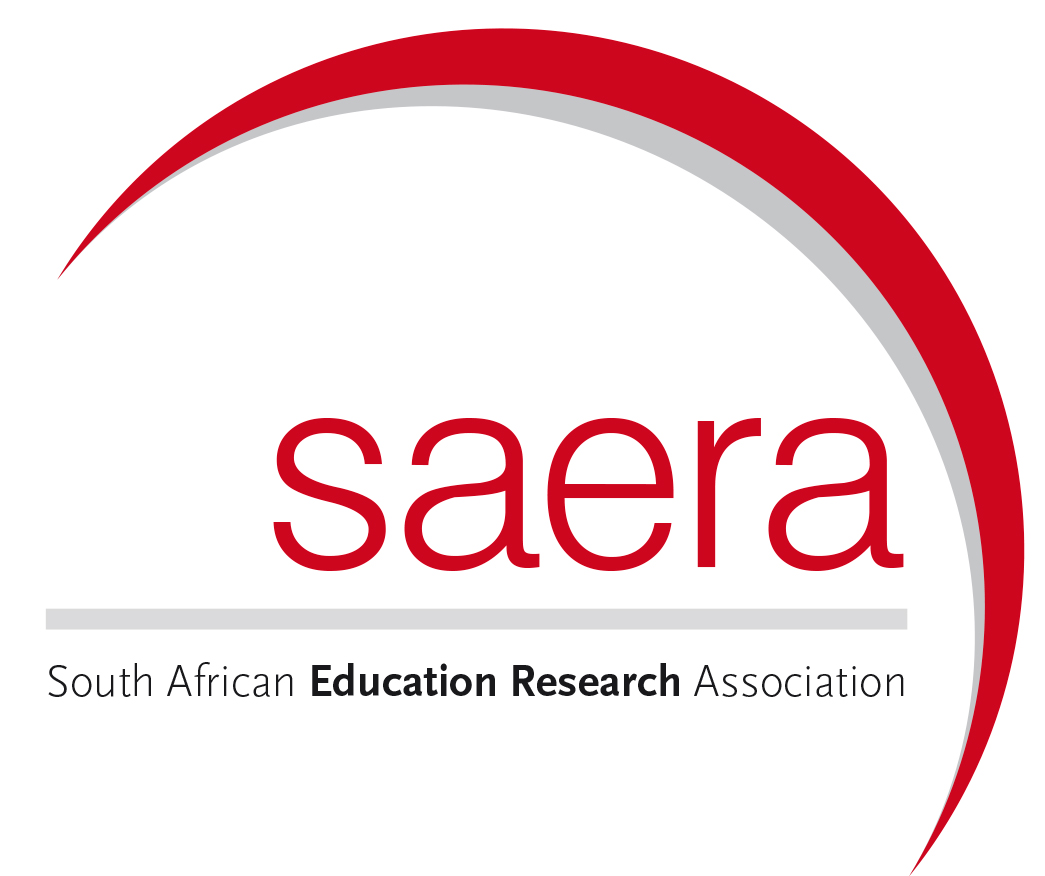Original Research
COVID-19 and its impact on students with disabilities: A social justice expression at a South African university
Submitted: 19 May 2022 | Published: 31 May 2023
About the author(s)
Maboragane J. Magedi, Office of the Vice-Chancellor and Principal, Tshwane University of Technology, Pretoria, South AfricaTebogo J. Rakgogo, Department of Applied Languages, Faculty of Humanities, Tshwane University of Technology, Pretoria, South Africa
Onica S. Mnguni, Department of Student Development and Support, Faculty of Higher Education Development and Support, Tshwane University of Technology, Pretoria, South Africa
Madikwa H. Segabutla, Department of Applied Languages, Faculty of Humanities, Tshwane University of Technology, Pretoria
Lazarus Kgwete, Department of Student Development and Support, Faculty of Higher Education Development and Support, Tshwane University of Technology, Pretori, South Africa
Abstract
Background: COVID-19 as a pandemic has sparked robust debates within the education sector about the need to save lives, save the academic year, ensure that no student is left behind while being cognisant of issues of culture, equity and social justice.
Aim: The study explored the challenges faced by disabled students after the introduction of online teaching and learning as a concomitant part of COVID-19.
Setting: The study was conducted at a selected University of Technology (UoT) that is based in Gauteng Province.
Methods: The article employed a qualitative approach where face-to-face interviews were used for data collection. Purposeful sampling was used to select 30 student participants, five lecturers and five staff members from the Disability Unit.
Results: The study revealed that majority of disabled students are disadvantaged when it comes to assessments. It was further established that some of the special arrangements such as additional time and font enlargement of study notes are easily forgotten by the academic staff. In addition, accountability and poor communication between lecturers and support staff from the Disability Unit was cited as one of the qualitative variables that compromise students’ learning outcomes. Online teaching and learning was considered a mode that can be beneficial to both disabled students and their counterpart, normal students.
Conclusion: Online teaching and learning is beneficial to the academic project. However, all the necessary resources should be put in place to ensure that no one is compromised in the process. Communication should also be maximised within all the relevant stakeholders.
Contribution: The article will profoundly contribute to ensure that there is alignment between policy and practice, especially within the context of teaching and learning that involves students with special needs.
Keywords
Metrics
Total abstract views: 1780Total article views: 1869
